The bike taxi situation in Bengaluru, particularly following the assault case in Jayanagar and the subsequent ban, remains a significant issue impacting commuters, drivers, and the city’s traffic dynamics as of June 19, 2025.
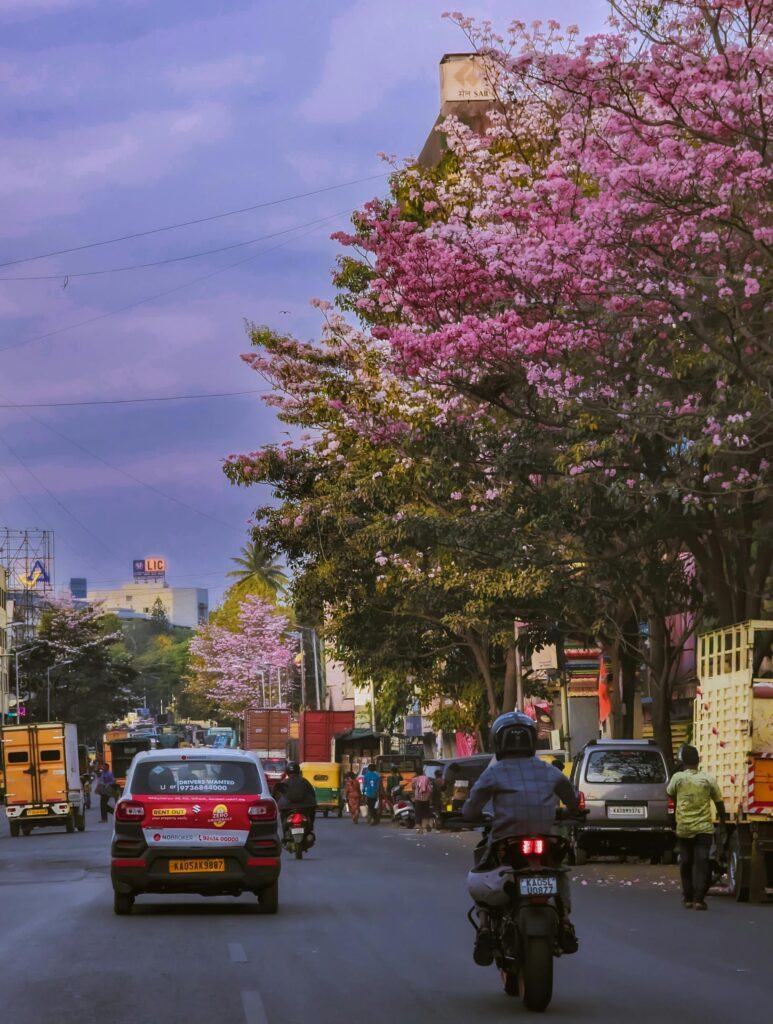
Bike Taxi Driver Issues in Bengaluru
Regulatory Ban
Background: On June 16, 2025, the Karnataka High Court upheld a directive banning bike taxi operations in Bengaluru, citing the lack of a legal framework for using privately registered two-wheelers for commercial purposes.
Impact on Drivers: The Bike Taxi Welfare Association reports that nearly 600,000 drivers have been rendered jobless, struggling to meet financial obligations. Many rely on bike taxis as their primary income source, earning an average of ₹35,000 monthly.
Workaround Attempts: Companies like Rapido, Ola, and Uber have shifted to “bike parcel” services, rebranding passengers as “parcels” to bypass the ban. However, enforcement agencies seized over 100 bike taxis across 11 RTO jurisdictions (e.g., Rajajinagar, Electronics City) for violating the High Court order, using decoy operations to catch non-compliant riders.
Advocacy: Industry body NASSCOM and figures like Mohandas Pai have urged the Karnataka government to regulate rather than ban bike taxis, citing their role in providing jobs and affordable transport. Rapido noted disbursing over ₹700 crore to drivers and contributing ₹100 crore in GST in Bengaluru.
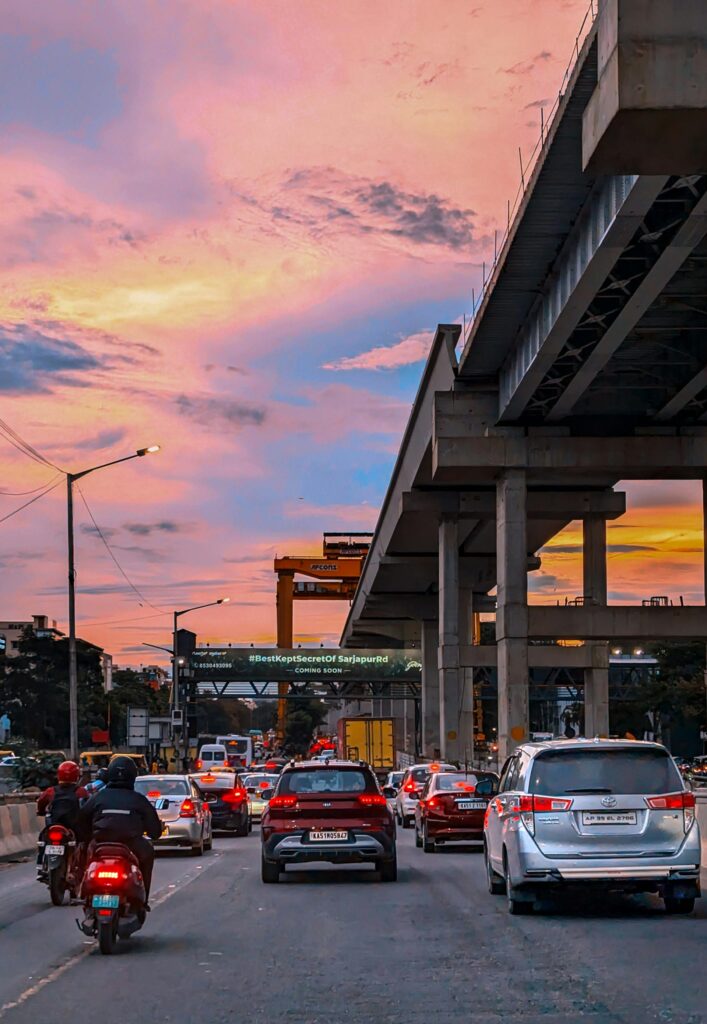
Driver Challenges
Economic Strain: The ban has left drivers, including students working without parental knowledge, in financial distress.
Tensions with Auto Drivers: Auto drivers, who view bike taxis as competition, have protested and occasionally attacked bike taxi riders, as seen in a 2022 incident at Baiyappanahalli. This ongoing rivalry exacerbates driver safety concerns.
Public Perception: The assault case has damaged the reputation of bike taxi services, with drivers facing increased scrutiny and distrust from passengers.
Financial Losses to Rapido
Revenue Loss
- Scale of Operations: Rapido facilitated over 50 lakh monthly rides in Karnataka, with Bengaluru being its largest market, holding a 60% share of bike taxi rides (1.5 lakh drivers, 16.5 lakh daily rides citywide).
- Fare Structure: Rapido’s fares include a base of ₹20 plus ₹3 per km. Assuming an average ride of 5 km (typical for last-mile connectivity), each ride generates ₹35. For 50 lakh monthly rides, this yields **₹175 crore monthly revenue** in Karnataka.
- Immediate Impact: The ban halts this revenue stream entirely. From June 16, 2025, assuming no immediate workaround success, Rapido could lose ₹175 crore per month in Karnataka, or ₹2,100 crore annually if the ban persists without regulation. This is a conservative estimate, excluding surge pricing or additional services.
- Bike Parcel Workaround: Rapido introduced a “Bike Parcel” service, rebranding passengers as parcels, but enforcement actions (e.g., 105 vehicles seized on June 16) limit its scale. Even if 20% of rides continue via this loophole, revenue would drop to ~₹35 crore monthly, a loss of ₹140 crore monthly compared to pre-ban levels.
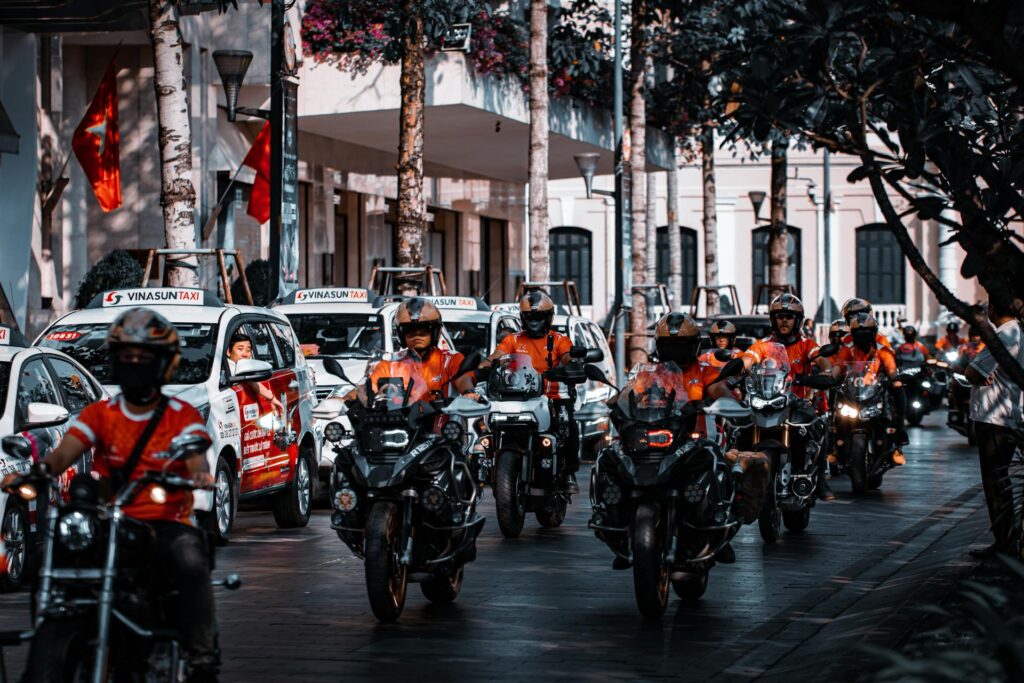
Driver Ecosystem Losses
Driver Earnings: Rapido paid over ₹700 crore to its 1.5 lakh riders in Bengaluru alone, with 75% of drivers earning an average of ₹35,000 monthly as their primary income.
Impact of Ban: With 600,000 drivers jobless across Karnataka (including 1.5 lakh Rapido “captains”), Rapido faces indirect costs from driver attrition. Drivers may switch to competitors (e.g., Ola, Uber, if they resume) or exit the gig economy, reducing Rapido’s ability to scale if the ban is lifted.
Driver Support Costs: Rapido may incur costs for temporary driver support or legal battles to reinstate services, though no specific figures are reported.
Tax Contributions Rapido contributed over ₹100 crore in GST annually in Bengaluru. The ban eliminates this tax revenue, potentially straining Rapido’s relationship with regulators and complicating negotiations for a future policy.
Valuation and Investment Impact
Recent Funding: Rapido raised $200 million in September 2024 and ₹250 crore ($30 million) in February 2025, achieving a $1.1 billion valuation.
Risk to Valuation: The ban in Karnataka, a key market, could spook investors, potentially lowering Rapido’s valuation in future rounds. A prolonged ban across states (e.g., Maharashtra, Delhi, Assam also pose challenges) could reduce investor confidence, impacting Rapido’s ability to raise funds for expansion.
Operational Costs: Rapido’s recent investments focused on scaling operations. The ban forces reallocation of resources to legal battles or workarounds like “Bike Parcel,” increasing operational inefficiencies.

Jayanagar Assault Case Impact (June 13, 2025):
Reputational Damage: The viral video of a Rapido driver assaulting a female passenger in Jayanagar, coupled with the ban, has damaged Rapido’s brand. Public outrage and safety concerns, amplified by X posts, may deter users even if services resume.
Indirect Costs: Rapido likely incurred costs for crisis management, legal support for the driver (detained and charged), and potential compensation to the passenger, though no specific figures are available. Increased scrutiny may force investments in driver training or safety features, adding to expenses.
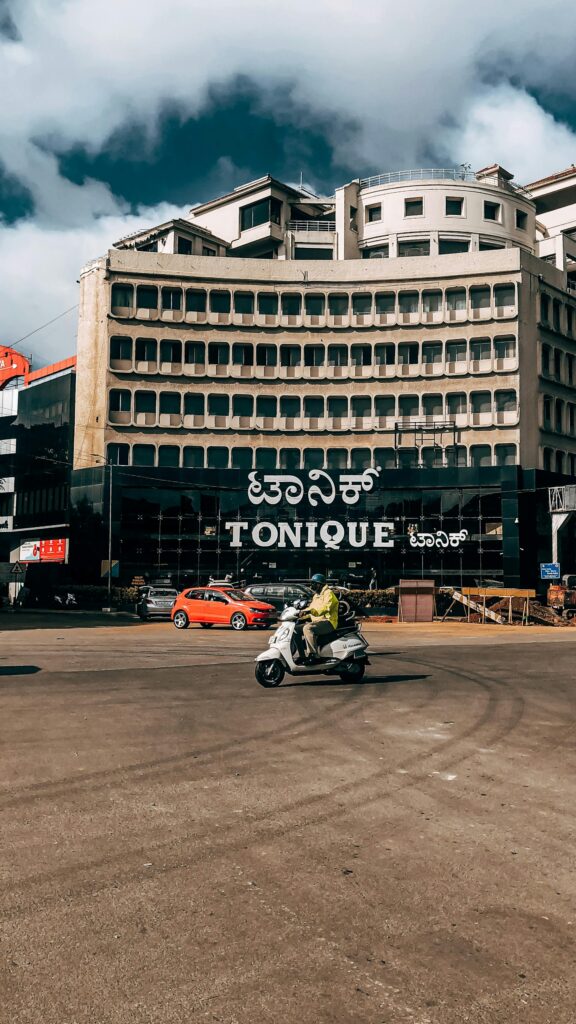
Operational Losses
- Market Share Erosion: Rapido’s 60% market share in Bengaluru is at risk. While Rapido paused services, Ola and Uber continued offering bike taxis initially, potentially capturing Rapido’s user base.
- Driver Network Disruption: The loss of 1.5 lakh drivers in Karnataka (600,000 statewide) disrupts Rapido’s gig economy model, requiring significant effort to rebuild if the ban is lifted.
- Enforcement Crackdowns: Over 105 bikes were seized on June 16, 2025, with fines and legal costs for drivers and Rapido. Continued enforcement (e.g., RTO decoy operations) limits the “Bike Parcel” workaround’s viability.
- Innovation Stifling: The ban sends a “worrying message” to startups, per Finshots, discouraging innovation and forcing Rapido to divert resources from product development to regulatory battles.
Estimated Financial Loss
Monthly Revenue Loss: ~₹140–175 crore in Karnataka, assuming limited “Bike Parcel” success.
Annualized Loss: ~₹1,680–2,100 crore if the ban persists without regulation.
Indirect Costs: ₹50–100 crore (est.) for legal battles, driver support, and reputational damage from the assault case.
Total Potential Loss (2025): ₹1,730–2,200 crore, depending on ban duration and workaround efficacy.
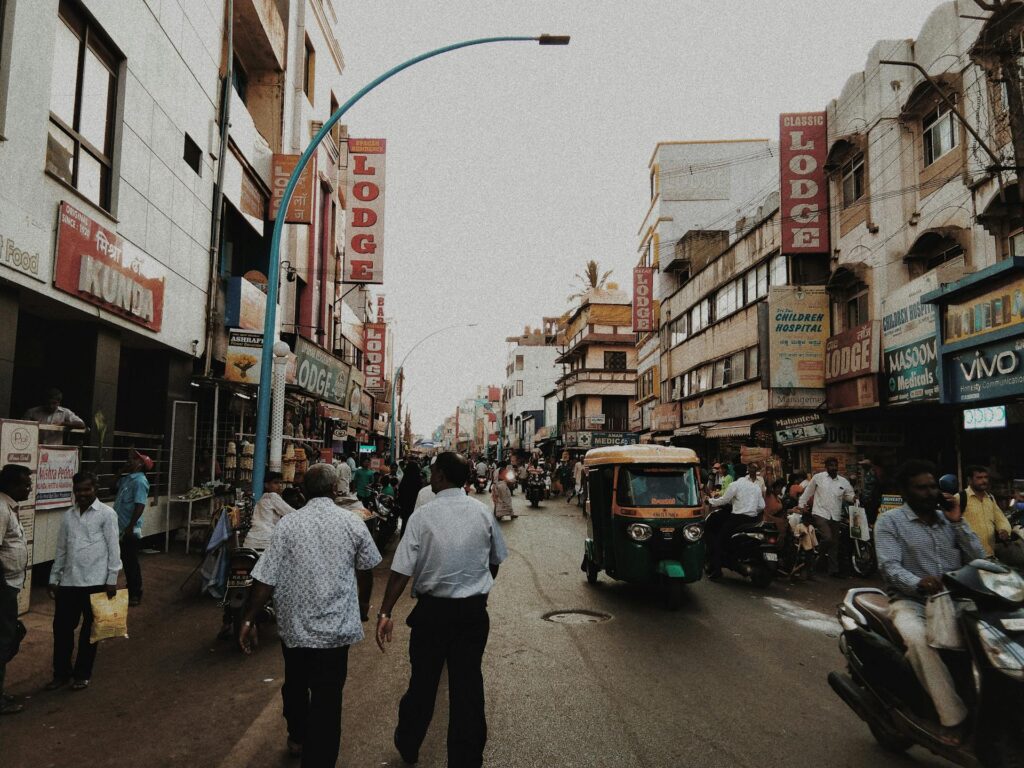
Outlook
Short-Term: Rapido’s “Bike Parcel” service faces enforcement hurdles, with 103–105 bikes seized on day one. Losses will mount unless a legal stay is secured or regulations are framed by June 24, 2025 (next court hearing).
Long-Term: Rapido’s appeal to the Supreme Court or negotiations with the Karnataka government could lead to a regulatory framework, as suggested by NASSCOM and commuters. Maharashtra’s model (licensing electric bikes) could inspire Karnataka, reducing losses.
Mitigation: Investing in electric bikes (per the failed 2021 Karnataka Electric Bike Taxi Scheme) or women-only services could align with safety and sustainability goals, reviving operations
Why Investors Failed to Profit
Regulatory Risk Ignored: Investors underestimated Karnataka’s resistance to legalizing bike taxis, unlike states with frameworks (e.g., Maharashtra’s electric bike policy).
Over reliance on Scale: High burn rates assumed rapid user growth, but the ban capped scale, leaving investments unrecovered.
Reputational Setbacks: The Jayanagar assault case and safety concerns deterred users, slowing growth needed for returns.
Competitive Pressure: Auto unions’ political clout and physical opposition created an unsustainable operating environment.
Lack of Diversification: Unlike Ola and Uber, Rapido’s focus on bike taxis amplified losses when the ban hit.
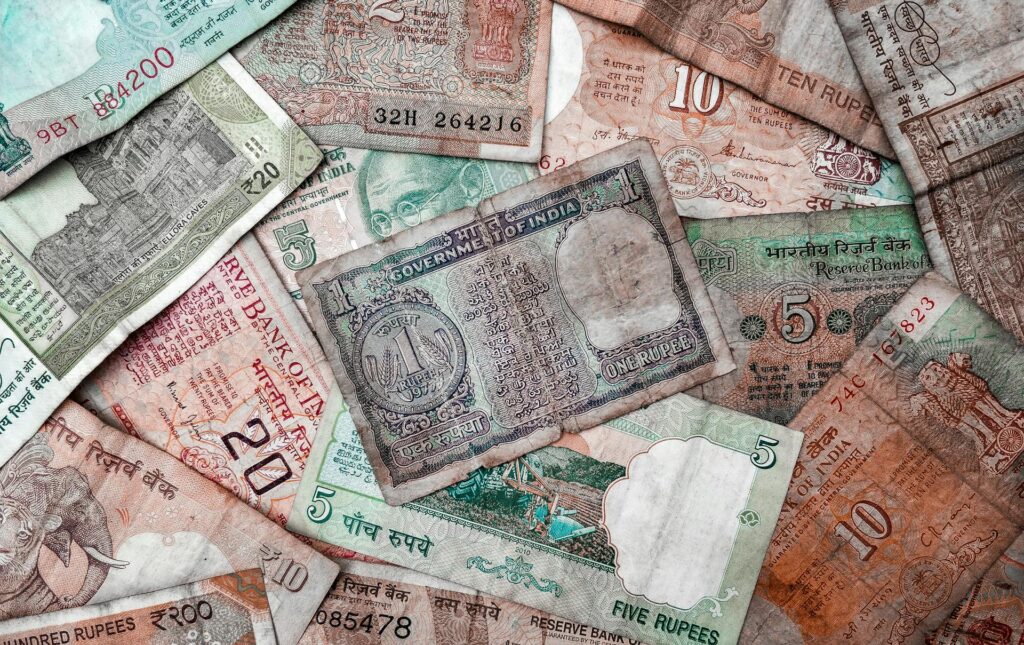
Conclusion
Rapido faces a monthly revenue loss of ₹140–175 crore in Karnataka due to the June 16, 2025, bike taxi ban, potentially totaling ₹1,730–2,200 crore in 2025, including indirect costs from driver attrition, legal battles, and the Jayanagar assault case’s fallout. The ban exacerbates Bengaluru’s traffic crisis, increasing commute times (e.g., 2–4 hours for 20–30 km), and underscores the need for AI-driven traffic solutions. Rapido’s “Bike Parcel” workaround offers limited relief, but long-term recovery depends on regulatory clarity.

Comments